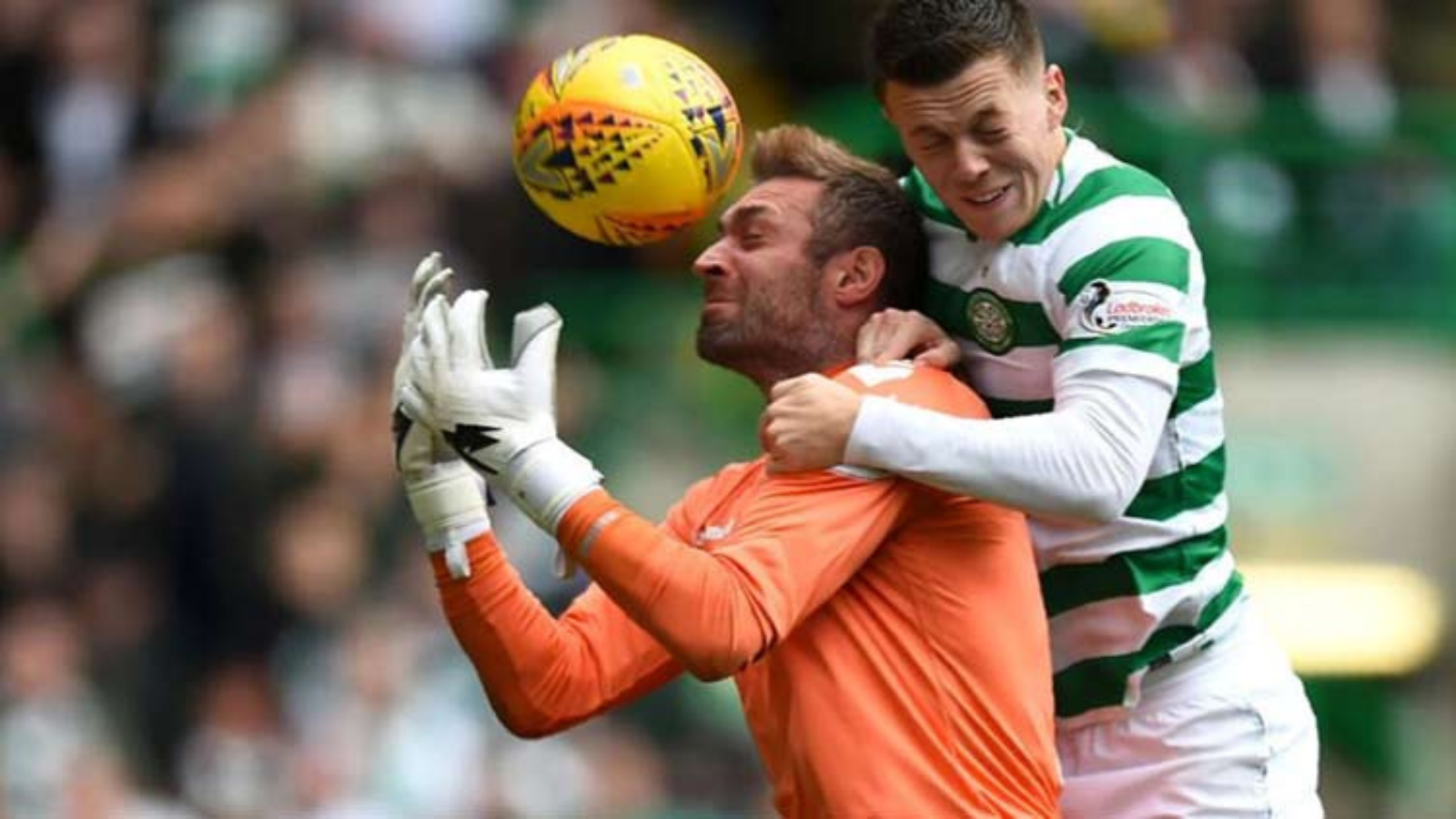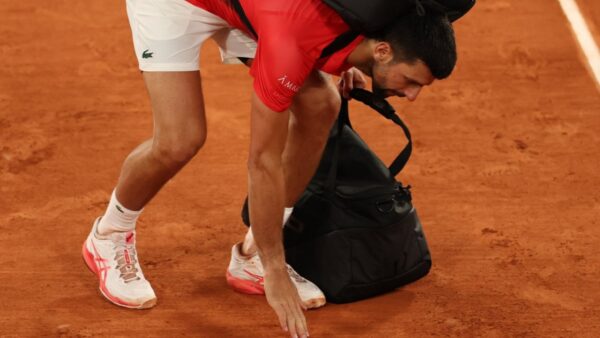Scottish FA bans players from heading the ball before and after game days

Scottish clubs
According to current Scottish FA criteria, Scottish clubs must only practice heading once a week during practice. Additionally, drills like crossing and finishing that would need repeated heading won’t be allowed during practice the day before or after a game.
Following research linking repeated heading of the ball to significant brain injuries and neurological disorders including dementia, the radical rules will be distributed to clubs this week as part of a renewed effort to protect the safety of players.
A field study conducted by the University of Glasgow in 2019 provided worrisome evidence of the negative effects a professional football career has on former players’ health. Ex-professionals have a three and a half times higher risk of dying from dementia than those in the general population who are the same age. Since then, the Scottish FA bans players from heading the ball before and after game dayshas been at the forefront of implementing heading limitations, with rules being released in 2020 for children aged six to seventeen.
The first FA to develop a set of suggested concussion guidelines was Scottish FA via ‘If In Doubt, Sit them Out’ campaign

In collaboration with the Hampden Sports Clinic, the governing body has conducted new research across the professional men’s and women’s games andconsulted with PFA Scotland and the Coaches’ and Managers’ Association. However, there was no conclusive evidence in the field study to suggest that heading the ball caused brain disease.
According to surveys, managers and coaches favor increased heading limitations, even if it means fewer practice sessions before games. The new regulations are also thought to have received support from PFA Scotland members. When Iran’s starting goalkeeper Alireza Beiranvand could not play in Iran’s victory against Wales at the Qatar World Cup, the subject of concussion from head injuries in football came to light again.
The goalkeeper was permitted to play on before eventually leaving the field on a stretcher, despite IFAB rules requiring that any player suspected of having a concussion be protected by being taken out of the game. Headway referred to Beiranvand’s continued playing as “an awful disgrace.” After FIFA sternly warned them that they had to follow the protocol, the Iranian FA eventually came to terms with the inevitable.







